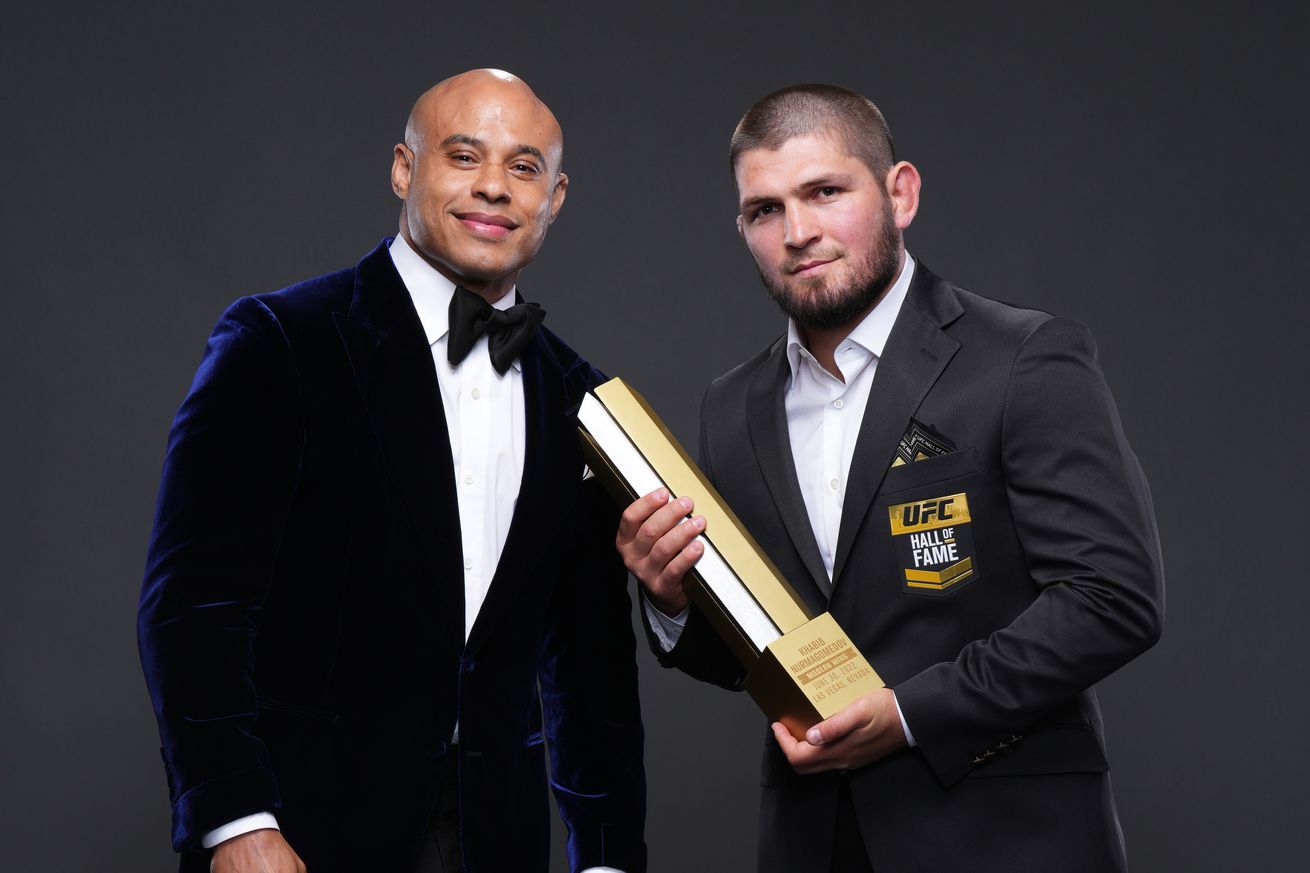
‘I don’t necessarily manage myself, I just represent myself.’
Former UFC champion Dominick Cruz is part of the deep talent pool of First Round Management, alongside fellow ex-titleholder Jon Jones and Jorge Masvidal. But as he told Ariel Helwani on Monday’s episode of the MMA Hour, he himself does the talking with the UFC when negotiating a contract.
“I don’t necessarily manage myself, I just represent myself. That’s the best way to put it. I communicate for myself,” he said.
For “The Dominator,” who’s been in the game for the last 17 years, a manager’s role technically ends after the contract negotiation. He says he sees no logic in paying for representation according to the contract’s length.
He echoed a similar sentiment to what Sean O’Malley discussed about managers.
“I think in the UFC, we’re signed a six-fight contract, are we not? Four-fight contract, usually, at the lowest. So why would I pay somebody for four fights when it’s set after one?” he said.
“A manager’s really only having one conversation and is getting paid out for four fights. That doesn’t make sense to me.”
Before 2015, when the Reebok deal was implemented, fighters could earn extra from their respective apparel sponsorships. Now that that’s off the table, Cruz sees no point in paying a manager to help gather some “hook-ups” from the UFC.
“And then on top of that, with a manager, how are they supposed to be bringing me in sponsors if the UFC dictates the sponsors? So now, the UFC dictates the sponsors, and the UFC dictates the contract,” he explained.
“So what is a manager actually doing? They’re just talking and creating the communication. And what managers are good at, from my experience, is making it seem like they have all the hook-ups. But in the UFC, hook-ups can you get? The UFC makes the decisions for you.
“Now, if you’re in Bellator, if you’re in PFL, if you’re in any of these other organizations, it makes perfect sense to me for a fighter to have a representation because sponsors can get brought, they can build relationships elsewhere. They can have a line-up of ten fighters and because a manager has a line-up of ten fighters, sponsors might come to them directly and say, ‘Hey, do you have anybody?’”
Cruz says he’s developed a good business relationship with UFC executives and believes his fellow fighters can do the same if they did one thing.
“I’ve got a good relationship with Sean Shelby in the sense of communication. If he wants to talk to me, he can reach out to me. And I think a lot of us fighters can do that with Sean Shelby whenever we want.
“I renegotiate my contract when I get within one or two fights, at the end of it, generally. I try to if the UFC’s open to it. And they’ve always been willing to work with me. I just don’t talk like a prick.
“It’s really easy if you just talk to Hunter, talk to Sean Shelby,” Cruz continued. “They’re very open to listen to you if you can create the conversation from a neutral place. It’s when you come at them all crazy, ‘I deserve this, I deserve that…’ You just gotta come from a neutral place.
“Nobody deserves anything. You earn everything you get in this sport. You gotta understand they’re running a business.”
The 36-year-old Cruz (24-3), will attempt to extend his two-fight win streak when he headlines the UFC’s upcoming San Diego card on August 13 against Marlon Vera.